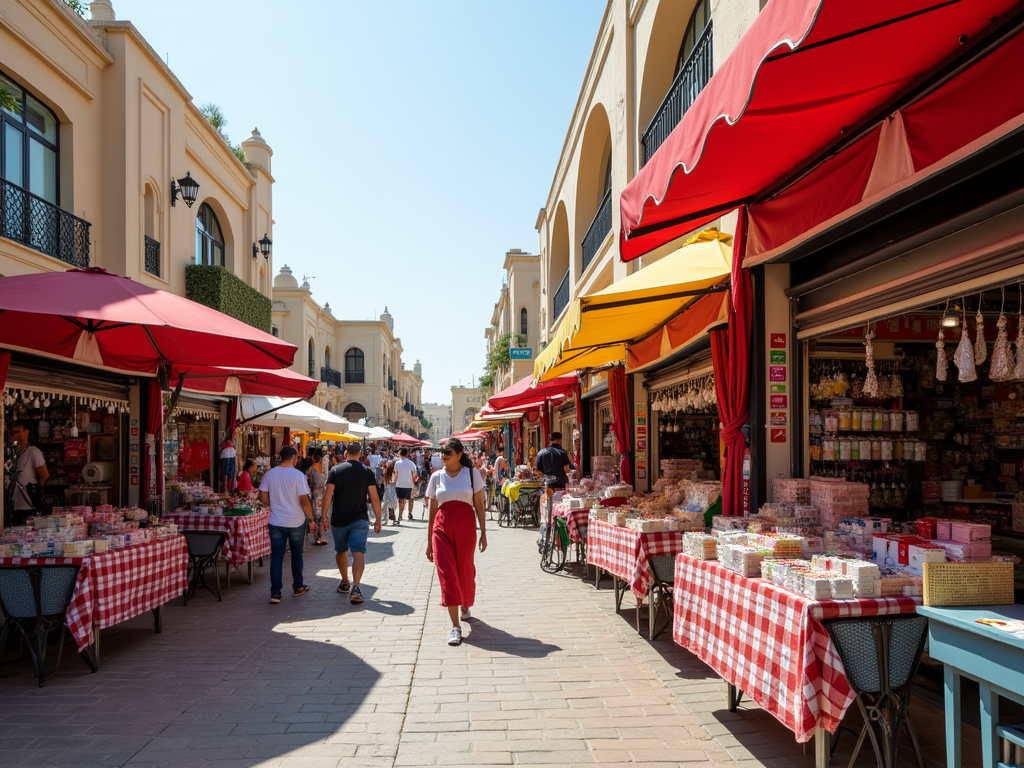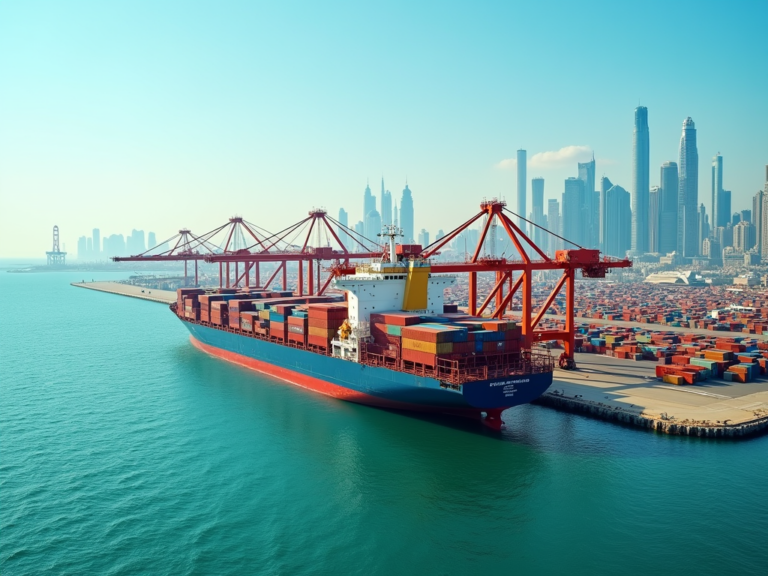Islamic finance has become a critical component of Dubai’s economy, melding tradition with modernity to create a unique financial landscape that attracts global investors. As a city that embraces diverse cultures and economic practices, Dubai has strategically positioned itself as a global hub for Islamic finance, offering financial products and services that comply with Sharia law. The primary role of Islamic finance in Dubai’s economy lies in its ability to promote ethical investments, foster economic stability, and support the growth of various sectors, thereby contributing significantly to the overall economic advancement of the region.
The Principles of Islamic Finance

At the core of Islamic finance are principles that distinguish it from conventional financing methods. These principles are rooted in Islamic law, which promotes justice, ethical dealings, and social welfare. Key tenets include:
- Prohibition of Riba (Interest): Islamic finance prohibits any form of interest, encouraging risk-sharing and partnership through profit-and-loss sharing arrangements.
- Asset-backed Financing: Transactions must be backed by tangible assets or services, preventing speculative investments and ensuring genuine economic activity.
- Gharar (Uncertainty): Excessive uncertainty or ambiguity in contracts is avoided, fostering transparency and trust among parties involved.
- Ethical Investments: Investments must align with Islamic values, meaning that sectors like alcohol, gambling, and pork are strictly avoided.
- Social Responsibility: Islamic finance advocates for investments that contribute positively to society, promoting wealth redistribution and community welfare.
The Growth of Islamic Finance in Dubai

Dubai has experienced significant growth in its Islamic finance sector, becoming home to numerous Islamic banks, mutual funds, and investment firms. This growth can be attributed to several factors:
- Government Support: The Dubai government has actively promoted Islamic finance through policies and regulations that encourage its adoption in various sectors.
- Increasing Demand: There is a growing global demand for Sharia-compliant financial products, driven by both Muslim and non-Muslim investors seeking ethical investment opportunities.
- Market Innovation: Turkish financial institutions are known for their innovative products, including Sukuk (Islamic bonds), which have attracted substantial investments.
- Global Awareness: International recognition of Dubai’s Islamic finance capabilities has positioned the city as a leading destination for investors looking for Sharia-compliant options.
- Integration with Global Markets: Dubai’s strategic location and advanced infrastructure foster seamless integration with other financial markets.
Impact on Dubai’s Economy
The rise of Islamic finance has had profound effects on Dubai’s economy. It has influenced various sectors and contributed to economic diversification in multiple ways:
- Infrastructure Development: Islamic finance has funded extensive infrastructure projects through Sukuk, enhancing the city’s infrastructure and quality of life.
- Job Creation: The growth of the sector has led to increased employment opportunities in finance, law, and consulting.
- Foreign Investment: Dubai’s Islamic finance offerings have attracted foreign direct investment, boosting economic growth and stability.
- Social Welfare Programs: Funds from Islamic finance are often allocated to charitable initiatives, promoting community development and poverty alleviation.
- Economic Stability: The ethical framework of Islamic finance has contributed to the resilience of Dubai’s economy, reducing volatility associated with speculative practices.
As the world becomes more aware of sustainable and ethical financing, the future of Islamic finance in Dubai appears promising. The following trends are expected to shape its development:
- Increased Collaboration: Partnerships between Islamic financial institutions and conventional banks will enhance service offerings and increase market penetration.
- Technological Integration: Fintech innovations will play a crucial role in streamlining Islamic finance operations, leading to better customer experiences.
- Greater Regulatory Support: Continued government initiatives and updated regulations will create a more robust framework for Islamic financial products.
- Expanding Global Reach: As awareness of Islamic finance grows, more international businesses are likely to seek Sharia-compliant solutions.
- Focus on ESG Factors: The increasing emphasis on environmental, social, and governance (ESG) factors will align well with the ethical foundation of Islamic finance.
Conclusion
Islamic finance has firmly established itself as a vital aspect of Dubai’s economic framework, driven by its adherence to ethical principles and the growing global appetite for sustainable investment. As Dubai continues to innovate and evolve its Islamic finance sector, it paves the way for economic diversification, investment attraction, and a model of financial conduct that can inspire other regions globally. With ongoing government support and increasing demand for Sharia-compliant financial products, Islamic finance is poised for a pivotal role in shaping the future of Dubai’s economy.
FAQ
1. What are Sukuk in Islamic finance?
Sukuk are Islamic financial certificates, similar to bonds, that represent ownership in a tangible asset, usufruct, or investment, compliant with Sharia principles. They provide investors with returns without engaging in interest-based transactions.
2. How does Islamic finance contribute to social welfare?
Islamic finance promotes ethical investments and financial inclusion, directing funds towards projects that improve community welfare, enhance infrastructure, and support social initiatives, thereby contributing positively to society.
3. Can non-Muslims benefit from Islamic finance?
Yes, non-Muslims can benefit from Islamic finance as many of its principles focus on ethical investments and social responsibility. There is an increasing interest in Sharia-compliant products for their appealing ethical standards.
4. Is Islamic banking similar to conventional banking?
While both Islamic and conventional banking offer financial services, Islamic banking adheres to Sharia law, eliminating interest and encouraging investments in ethical ventures, resulting in different operational structures and product offerings.
5. What is the role of the Dubai Islamic Economy Development Centre (DIEDC)?
The DIEDC plays a crucial role in promoting the development of Dubai as a global Islamic economy hub, overseeing initiatives to enhance Islamic finance, trade, tourism, and standards while fostering innovation and collaboration in the sector.









